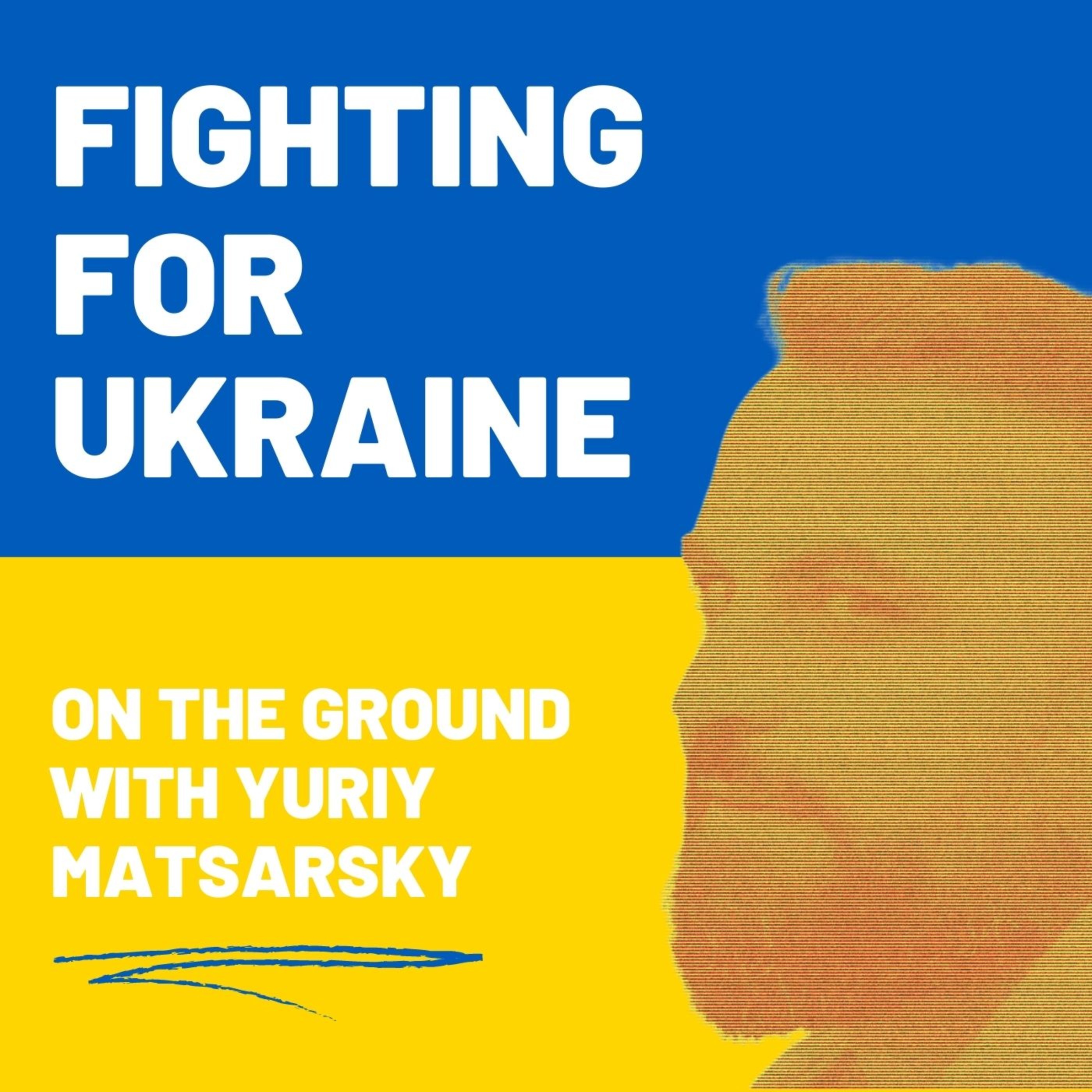
Crushing The Fledgling Democracy - July 3rd 2025

Fighting For Ukraine
Deep Dive
Shownotes Transcript
It is July 3rd. 12 years ago around this very day I woke up drenched in sweat from the stifling heat in a small hotel room overlooking Tahrir Square in Cairo. Mass protests against the ruling authorities were unfolding in the Egyptian capital. The day before I had spent time near a military compound on Nasser Street.
where the country's president, Mohamed Morsi, recently arrested by the military who had supposedly suddenly sided with the protesters, had been brought.
I got back to the hotel quite late. Public transport had come to a halt and taxi drivers were too afraid to take foreigners since revolutionary checkpoints had sprung up throughout the city. At those makeshift barricades foreigners were treated as potential enemies. Morsi had already been held for several days inside the military base near the small Rbaa al-Adawiyya mosque.
A massive crowd of his supporters had gathered outside. Staying there all the time was extremely difficult. I had to prepare and send articles about the situation in Kira, which was nearly impossible from a tent camp with no electricity or stable internet.
That's when my local colleague, Ahmed Samir Assem, stepped in. We agreed to take 10-12 hour shifts, replacing each other so that both of us would have time to work on our stories and get some rest. If the situation about Rabah al-Adawiyya began to escalate, the one on shift was supposed to immediately call the other. Ahmed never called me.
I went down to the nearly empty hotel cafeteria that morning, intending to grab a quick breakfast, but I never got to eat. The TV was blaring at full volume with breaking news. On the screen was Ahmed's photo, black and white. The voiceover reported that he had been killed about an hour early after the military began dispersing the Promorsi encampment.
I rushed to Rabaa al-Adawiyya. The mosque was on fire. Human bodies were scattered everywhere. Dozens, maybe even hundreds. It was impossible to retrieve the dead or wounded. Anyone who approached the destroyed camp was shot from the fence surrounding the military base. To this day no one knows the true number of people killed. At least a thousand, possibly several times more.
Morsi died in prison a few years later. His closest allies were executed, fled the country or were sentenced to long prison terms. Mohamed Morsi was not a democrat, but he was elected president in the first and so far only three and four elections in Egypt's history.
In 2011 a popular revolution had forced his predecessor Hosni Mubarak to resign after nearly three decades of authoritarian rule. Morsi and his Islamist supporters were not the main force or even one of the main forces behind that.
revolution. But they were quick to seize its momentum for their own gain. Morsi made populist promises that were clearly impossible to fulfill immediately. He could not eradicate corruption, he could not quickly end poverty, even for he promised to. He placed his hope in divine intervention and said so openly. The military, many of whom benefited
directly from that entrenched corruption tolerated his reform efforts, his fight against illegal businesses and his genuine religious devotion for two years when they crushed Egypt's fledgling democracy along with the beautiful little mosque of Rabba al-Adawiyya. The mosque incidentally was later rebuilt with funds from the Ministry of Defense. It is now so to speak the military's
own mosque. Democracy, however, no one has tried to rebuild. One of Ahmed's relatives sought justice for the journalist murderers but had to flee the country after receiving threats. Ahmed's fiancée wore mourning clothes for several years, when eventually married someone else. It's all supposed to be in the past.
And yet every year in early July I feel a familiar unease, agnonian fear, and I suddenly recall the burnt mosque and the hundreds of corpses around it.